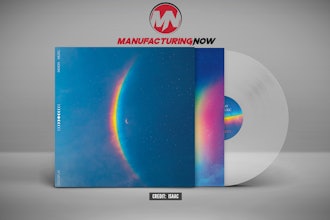The EPA revealed that it would begin the process of prioritizing toxic chemicals used to manufacture and process plastics under the Toxic Substances Control Act.
The statutory process will last a year, during which the agency could designate the chemicals as high-priority substances. If they receive the designation, it would spark risk evaluations that could result in restrictions or outright bans.
The five chemicals are acrylonitrile, benzenamine, MBOCA, vinyl chloride and acetaldehyde. These chemicals are used in various manufacturing processes, including plastic materials, paints, petrochemicals, dyes and pigments, resins, rubbers and other chemicals.
Most Read on IEN:
- Authorities Seize 11 Tons of Cocaine Hidden in Frozen Tuna
- Podcast: Old Gun Factory Closing; Tesla Delivers Cybertrucks; World's Heaviest Crane
- MIT Engineers Design a Robotic Replica of the Heart’s Right Chamber
- Hasbro Cuts 1,100 Jobs
However, exposure to the chemicals comes with dangerous health risks, with issues that range from respiratory system irritation to a probable human carcinogen.
Vinyl chloride recently made headlines with its involvement in the Norfolk Southern train derailment in East Palestine, Ohio, last February. The derailment caused several issues, including evacuations and soil excavation efforts, the latter of which is scheduled to end on February 9, 2024.
The review process will analyze each chemical's hazard and exposure potential, how they are used, the volume in which it is manufactured, if it builds up in the environment, any potentially exposed or susceptible subpopulations and if the chemical is stored near drinking water sources.
The EPA stated in a press release that it expects the chemicals to receive high-priority for risk evaluation designation. However, the agency said it would use submitted information from the public and companies that use the chemicals to make a final decision.






















